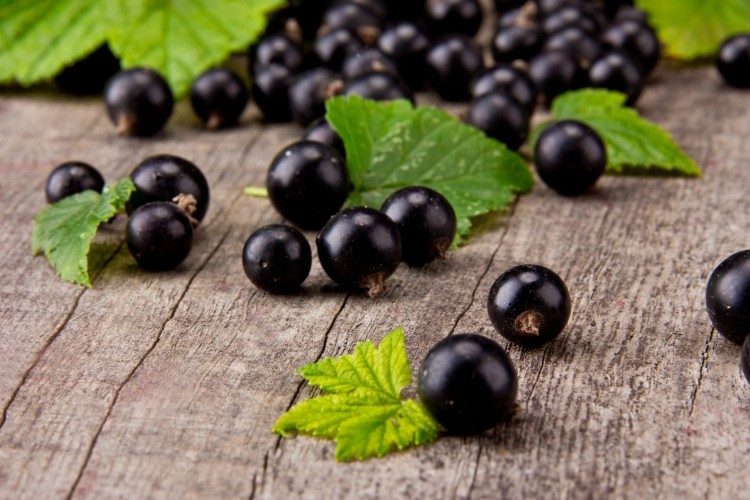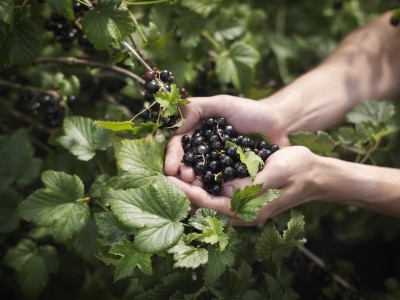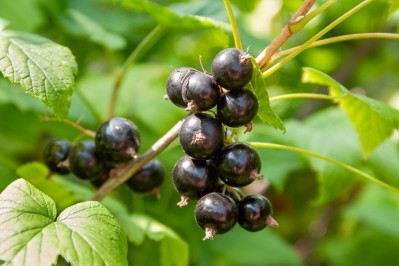Meta-analysis supports sports performance benefits of NZ blackcurrants

Data from published clinical studies indicated that New Zealand blackcurrants may improve sports performance by 0.45%, a figure that compares favorably to other well-known ergogenic aids such as caffeine, which reportedly has an effect size of about 0.4%.
“New Zealand grown blackcurrants mediate a small, significant improvement on athletic performance, particularly when consumed for 7 days at a dose of 105–210 mg anthocyanins, with a final dose 1–2 h before exercise,” wrote scientists from the University of Auckland and the New Zealand Institute for Plant and Food Research Limited.
The authors noted that the predominant form of NZ blackcurrant used in studies was powdered product in capsules.
Analysis details
The researchers identified 16 separate studies for inclusion in their systematic review, and nine of these contributed to the subsequent meta-analysis. Studies had to use New Zealand-derived blackcurrants, and be randomized, placebo-controlled trials with humans.
They found that New Zealand blackcurrants were associated with a 0.45% improvement in sports performance.
For context, they cite data from a 2017 meta-analysis from scientists at the University of Copenhagen and Team Danmark, which noted caffeine has an effect size of 0.41% and bicarbonate has an effect size of 0.40% (Christensen et al. 2017, Frontiers in Physiology, doi: 10.3389/fphys.2017.00240).
The authors also noted that the effective dose ranged from 105 to 210 mg of total blackcurrant anthocyanins, prior to exercise.
“A 1% difference in athletic performance is relevant to athletes and of sufficient magnitude to affect medal rankings in an Olympic-level competition, with the potential to elevate a medal from fourth to a podium position,” they wrote.
“The meta-analysis shows a significant improvement in performance (effect of 0.45) which is quantitatively deemed a small, significant improvement.”
Mechanism(s) of action
Commenting on the potential mechanism(s) of action, the NZ-based researchers stated that these are yet to be fully elucidated, but the benefits may be linked to “cardiovascular alterations such as vasodilation and increased peripheral blood flow, but longer intake durations may be required to result in changes in cellular signaling and mitochondrial adaptations”.
They concluded: “While the evidence for a direct effect on sport performance was clear, the mechanism is not. We found only a small number of studies that have investigated oxidative, cognitive and adverse outcomes, with no known detrimental side effects reported.”
Source: Journal of the International Society of Sports Nutrition
2020, 17, 25 doi: 10.1186/s12970-020-00354-9
“The effect of New Zealand blackcurrant on sport performance and related biomarkers: a systematic review and meta-analysis”
Authors: A.J. Braakhuis, V.X. Somerville & R.D. Hurst















